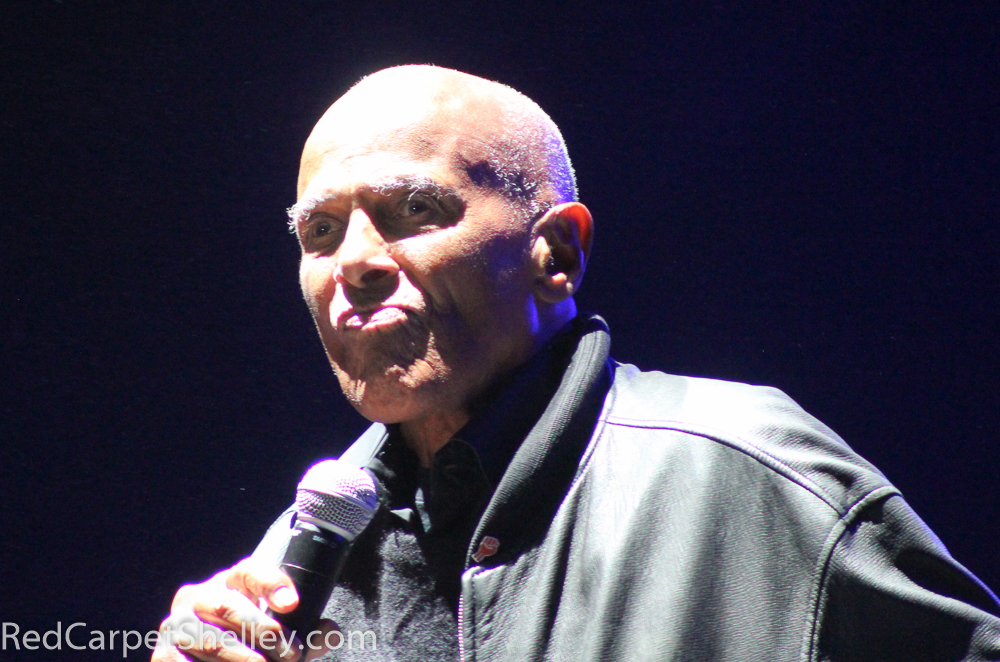
In honor of its 25th Anniversary, the Birmingham Civil Rights Institute (BCRI) has announced three recipients of the 2017 Fred L. Shuttlesworth Human Rights Award, the institute’s highest award that honors outstanding individuals for their significant contributions to civil and human rights.
This year’s honorees include the artist and activist Harry Belafonte, Birmingham’s first African American Mayor Dr. Richard Arrington, Jr. and activist Viola Luizzo (posthumously).
The awards will be presented at BCRI’s gala on Saturday, Nov. 18.
“We are both proud and humbled to have the opportunity to honor these icons that helped shape our country and opened so many doors that were previously closed,” stated Andrea L. Taylor, BCRI President, and CEO.
Harry Belafonte, Jamaican-American musician, actor and human rights activist, joined the Civil Rights Movement in the 1950s. He became one of Martin Luther King, Jr.’s closest confidants. Over the years he organized demonstrations, raised money and contributed his personal funds to keep movement activities going. Belafonte has advocated for a range of other humanitarian causes.
In 1987, he received an appointment to UNICEF as a goodwill ambassador. Belafonte has been involved in prostate cancer advocacy since 2006 when he was diagnosed and successfully treated for the disease.
He became the first African American to win an Emmy for his 1959 TV special Tonight with Belafonte. In 2000, Belafonte won a Grammy Award for his lifetime achievement in music.
Richard Arrington, Jr. was the first African American mayor of the city of Birmingham, serving 20 years, from 1979 to 1999. Under his tenure as Mayor, Birmingham went from a racially divided city dependent on the steel industry to an economically and culturally diverse hub of the southeastern United States.
Throughout the ’70’s and early ’80’s, Arrington led the drive for the establishment of the Birmingham Civil Rights Institute. A Civil Rights Institute Task Force and Board of Directors were appointed, a site was acquired, and, after much debate, funds to build the Civil Rights Institute were attained. Mayor Arrington also authorized plans for a Civil Rights Cultural District, including a renovated Kelly Ingram Park, a Jazz Hall of Fame in the historic Carver Theatre, and landscaping of public space around the Sixteenth Street Baptist Church.
Viola Liuzzo was killed by Ku Klux Klan members following a voting rights march in Alabama in 1965. Liuzzo was the only white female protester to die in the civil rights movement. Liuzzo traveled to Alabama from Detroit in March 1965 to help the Southern Christian Leadership Conference (SCLC) with its efforts to register African-American voters in Selma. Her decision to go to Alabama was driven in part by the events of March 7, 1965, in Selma—also known as “Bloody Sunday.” Liuzzo had watched the brutal assault on the protesters in a news broadcast and felt compelled to find a way to join the fight for civil rights.



